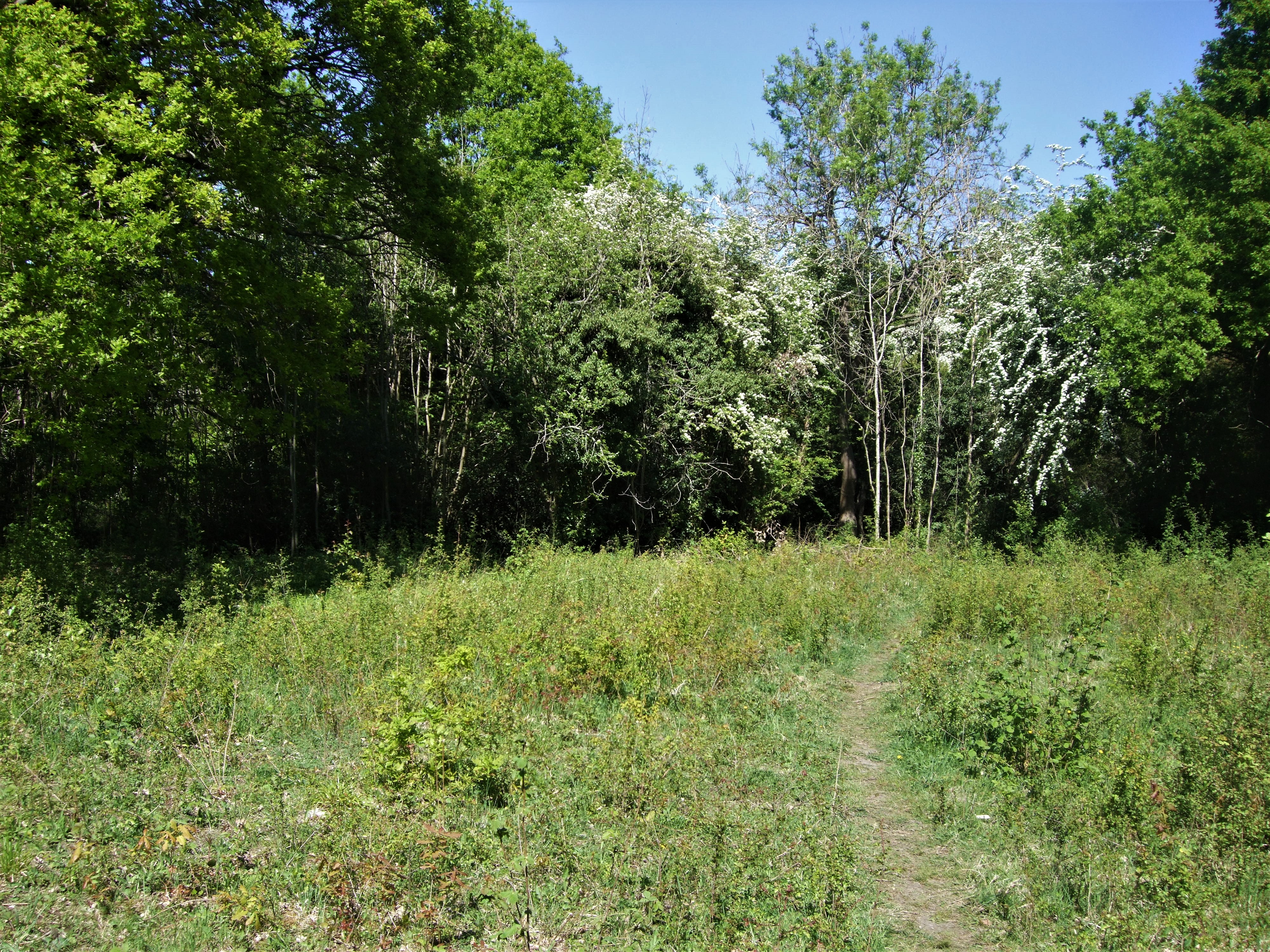Henry Newbolt’s naval poems of the late nineteenth century often tend to be rousing ballads that celebrate Britain’s naval history. They tell tales of great admirals and famous battles of the past. Messmates is a bit different though, closer to Kipling perhaps in its concentration on the ordinary seaman and rather sadder in tone.
A word about the maritime language used here. “Watch” is roughly equivalent to “shift”, the division of time on board ship. But it also means the team to which a sailor is allocated, so keeping a “lone watch” emphasises the isolation of the man who has died and been buried at sea. And on a sailing ship, the mess was the area in which a group of men lived, ate and slept, so a messmate was a member of a close-knit team.
The page layout and spacing is Newbolt’s own and I have taken it directly from Collected Poems 1897–1907.
Messmates by Henry Newbolt
He gave us all a good-bye cheerily
At the first dawn of day;
We dropped him down the side full
drearily
When the light died away.
It’s a dead dark watch that he’s
a-keeping there,
And a long, long night that lags
a-creeping there,
Where the Trades and the tides roll
over him
And the great ships go by.
He’s there alone with green seas
rocking him
For a thousand miles round;
He’s there alone with dumb things
mocking him,
And we’re homeward bound.
It’s a long, lone watch that he’s
a-keeping there,
And a dead cold night that lags
a-creeping there
While the months and the years
roll over him
And the great ships go by.
I wonder if the tramps come near
enough
As they thrash to and fro,
And the battle-ships’ bells ring clear
enough
To be heard down below;
If through all the lone watch that
he’s a-keeping there,
And the long, cold night that lags
a-creeping there,
The voices of the sailor-men shall
comfort him
When the great ships go by.

